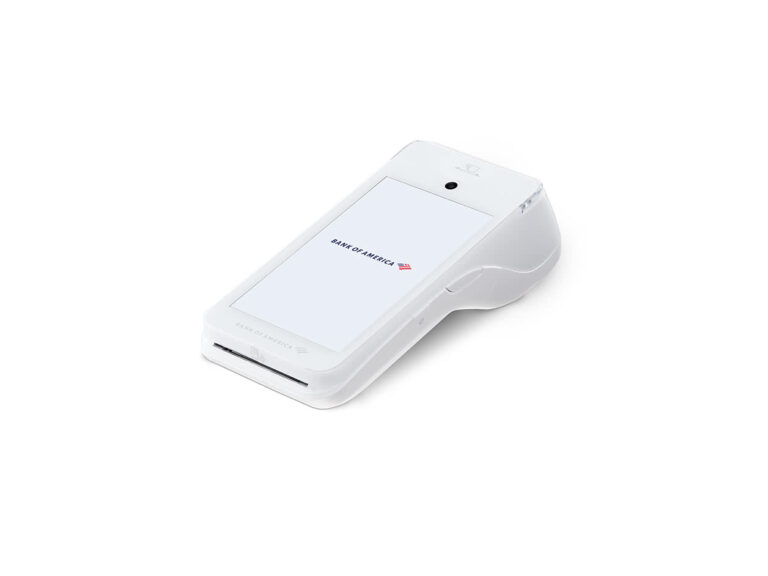Are you looking to enhance your emotional intelligence and improve your interpersonal relationships? Learning from experts through books can be a great way to start this journey. In this article, we will explore some of the best EQ emotional intelligence book that can help you master the art of understanding and managing emotions effectively.
What is Emotional Intelligence (EQ)?
Emotional intelligence, often referred to as EQ, is the ability to recognize, understand, and manage emotions in oneself and others. It involves being aware of your emotions, being able to express them appropriately, and managing them effectively to achieve personal and professional success. Developing emotional intelligence can lead to better communication, stronger relationships, and improved decision-making skills.
Why is Emotional Intelligence Important?
Emotional intelligence plays a crucial role in various aspects of life, including career success, personal relationships, and overall well-being. People with high EQ are better equipped to handle stress, resolve conflicts, and build strong connections with others. In the workplace, emotional intelligence is highly valued as it can lead to better leadership, teamwork, and performance.
Top EQ Emotional Intelligence Books to Read
- “Emotional Intelligence 2.0” by Travis Bradberry and Jean Greaves
- This book provides a step-by-step program for increasing your emotional intelligence through self-assessment, self-awareness, self-regulation, motivation, and social skills. It offers practical strategies and techniques to improve your EQ and achieve greater success in all areas of life.
- “Emotional Intelligence: Why It Can Matter More Than IQ” by Daniel Goleman
- Daniel Goleman’s groundbreaking book explores the importance of emotional intelligence in personal and professional success. He discusses how EQ can be more critical than IQ in determining one’s ability to lead, communicate effectively, and navigate social interactions.
- “The Emotional Intelligence Quick Book” by Travis Bradberry and Jean Greaves
- This concise guide offers practical advice and tools for improving your emotional intelligence quickly. It covers essential EQ concepts, such as self-awareness, self-management, social awareness, and relationship management, in a clear and accessible manner.
- “Emotional Intelligence: A Practical Guide” by Eric Goodman
- Eric Goodman’s book provides a comprehensive overview of emotional intelligence and its practical applications in everyday life. It offers insights into how to develop essential EQ skills and apply them to enhance your personal and professional relationships.
How to Choose the Right EQ Book for You?
When selecting an emotional intelligence book to read, consider your specific goals and interests. Do you want to improve your self-awareness, enhance your social skills, or become a more effective leader? Look for books that align with your objectives and offer practical strategies that you can implement in your daily life. Additionally, consider the author’s expertise and credibility in the field of emotional intelligence.
In Conclusion
Mastering emotional intelligence is a valuable skill that can benefit you in various aspects of your life. By reading the best EQ emotional intelligence books available, you can gain valuable insights and techniques to enhance your EQ and cultivate stronger relationships with others. Start your journey to improved emotional intelligence today by diving into one of these recommended books.
FAQ
What is Emotional Intelligence?
Emotional Intelligence, often referred to as EQ, is the ability to recognize, understand, and manage our own emotions, as well as effectively handle relationships with others. It involves being aware of and controlling our emotions, empathizing with others, and managing interpersonal interactions in a positive and constructive manner. Individuals with high EQ are better equipped to navigate social complexities, communicate effectively, and handle stress and pressure with resilience.
Why is EQ Important?
Emotional Intelligence is a critical factor in determining success in both personal and professional settings. Research has shown that individuals with high social and emotional learning curriculum are more likely to excel in leadership roles, build strong and meaningful relationships, and navigate through challenging situations with grace and composure. In fact, studies have shown that EQ can be a more accurate predictor of success than traditional intelligence metrics.
How can EQ be Developed?
The good news is that Emotional Intelligence is not a fixed trait but can be developed and improved over time with conscious effort and practice. Some ways to enhance your EQ include:
- Self-awareness: Take the time to reflect on your emotions, triggers, and responses in different situations.
- Empathy: Put yourself in others’ shoes and try to understand their perspectives and emotions.
- Communication skills: Practice active listening, clear articulation of thoughts and feelings, and assertive expression.
- Stress management: Develop healthy coping mechanisms, such as exercise, mindfulness, and relaxation techniques.
By honing these skills and practicing emotional intelligence in your daily interactions, you can cultivate stronger relationships, make better decisions, and lead a more fulfilling life.
The Impact of EQ on Success
Individuals with high Emotional Intelligence are more likely to succeed in various aspects of their lives. In the workplace, employees with high EQ are better equipped to collaborate effectively with others, resolve conflicts, and adapt to changing environments. Additionally, leaders with high EQ are more adept at inspiring and motivating their teams, fostering a positive work culture, and driving organizational success.
In personal relationships, individuals with high EQ tend to have stronger and more fulfilling connections with others. They are better at communicating their needs and emotions, resolving conflicts in a constructive manner, and fostering trust and intimacy in their relationships.










